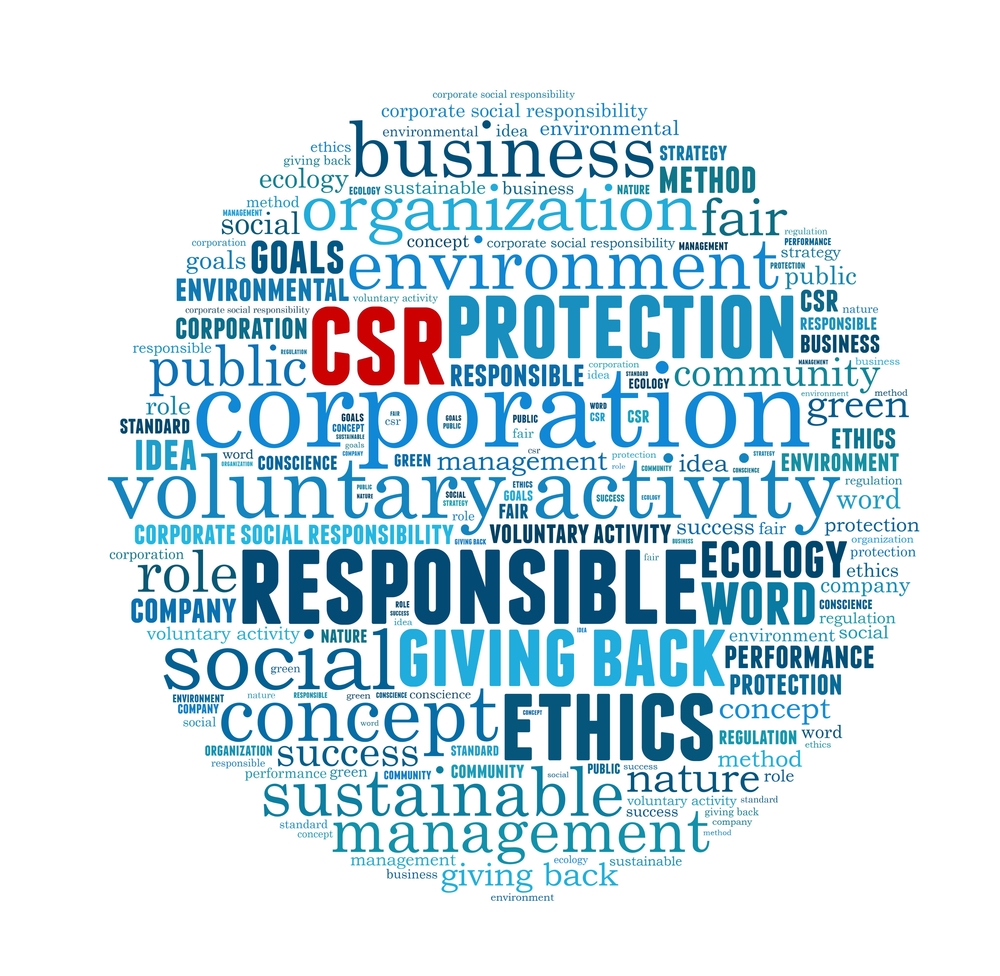CSR can seem like a complex and hazardous area for companies. We predominantly hear of cases where companies have taken a ‘reactive’ approach to impacts they have had on human rights. But is this the most productive and useful way to approach the subject?
CSR of the Past
CSR can be a difficult area for companies to manage, and predominantly we hear of cases where companies have taken a ‘reactive’ approach to impacts they have had on human rights.
Dealing with problems after they have arisen, cleaning up the mess after it has found its way in the spotlight, sweeping things under the carpet until inevitably the carpet gets so hazardous that somebody trips and falls on their face – this has been the dominant method in the past.
But then we must pose the question of – why?
Why do companies continue to use this approach in spite of its inevitable costs – both monetary and reputational? Ignoring impacts on human rights and the environment is incredibly damaging and problematic for stakeholders, whether they are employees, customers, the local community or the general public. And ultimately, it is these takeholders that keep a business afloat and allow it to thrive.
Ignoring Human Rights
There is a plethora of evidence that shows the ‘reactive’ approach to CSR is problematic, and can in the long run lead to a company’s downfall. The extraction industry for example have a lot to consider, particularly concerning the environment, but also in relation to human rights. Take for instance an oil company that extracts on land populated by indigenous peoples. The company might involuntarily have indirect adverse impacts on the community’s right to health, due to the contamination of their drinking water. Perhaps the company does not see these adverse impacts as their direct problem, or responsibility. Perhaps they do not fully realize the harm they are actually causing. In times gone by, the damage done to the locals’ habitat, water supply and general health potentially may have stayed within that community, and perhaps the company believes things will stay that way. But inevitably, this lack of focus on prevention will cost them dearly if the indigenous community starts speaking up about their grievances, for example to NGOs and the media.
Finally it is likely that the oil company will be forced to pay a huge amount of compensation and start cleaning up the mess they have made, both physically and metaphorically.
Conscious Consumers
Other sectors, like the food and the cosmetics industry also need to consider a preventative approach to their impacts. Among other things, one of the top things on their agenda should be where they source their ingredients, and who they source them from. The use of non-sustainable palm oil, for example, is increasingly unearthed in various products, and is a cause for concern for many stakeholders. Consumers who do not wish to fund deforestation, the destruction of habitats or the displacement of indigenous communities quickly step away from certain brand names.
Recent news coverage speaks for itself, and it is evident that the textile industry has a lot of issues to address in relation to addressing human rights. Considering the welfare of its workers is particularly tricky, especially down the supply chain. Maybe a company will turn a blind eye to misconduct in this area, hoping it will never be investigated. But inevitably, the ‘truth will out’. We live in an information age, and news spreads hard and fast.
New CSR Paradigm
However, we are not here to discuss the shame of companies who have made mistakes. In fact, all companies are at risk of having some kind of adverse impacts on human rights, whether it is one as seemingly simple as the right to rest and leisure, or the right to freedom of opinion. But this doesn’t have to be the scary, shamefilled scenario that it often appears to be. These examples purely illustrate what is needed: a change of focus. Knowing and showing the adverse impacts you may have on human rights and then preventing them (or if this is not possible, mitigating them), is key. It is no longer plausible to just ‘hope’ that what you are doing as a company is not bothering anyone, or that the companies you are employing are respecting human rights as they should. We need to be proactive frontrunners and implement a change.
Useful Guidelines
One way to do this is to use the new global standard for CSR, the United Nations Guiding Principles on Business and Human Rights, established in 2011. These principles help us to assess our potential impacts, by conducting due diligence and avoiding the impacts that will, at some point, cause even larger problems. And because this standard is globally recognized and here to stay, we know if a company is engaged with the UNGPs themselves, then you can be more assured that they also respect human rights.
It may seem like a large hurdle to consider all 48 human rights when conducting due diligence, but it is vital if we are to truly address the impacts that we may cause, and mitigate them if these impacts are already occurring. In the long run, respecting human rights is beneficial for the world as a whole, and a higher purpose is important for a business in a time where consumers are becoming increasingly interested in what they buy, and who they buy it from. A company, who wishes to show that it is truly responsible, grabs this new approach to CSR and runs with it. Respecting and protecting human rights can only improve a company’s reputation and its relationship with its stakeholders. And since stakeholders are so vital, this alone is plenty of incentive to move forward.
This article was taken from here.

